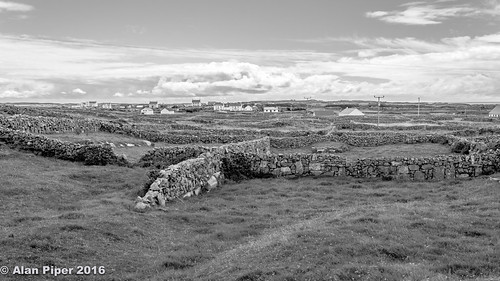
 )
)I don’t know how to talk about the events of last Wednesday; I don’t know how to not talk about them. I’m fairly certain this is not a moment for a scientist specifically. If you are short on time, I keep coming back to these words from Esau McCaulley, a New Testament scholar and IVP author who wrote powerfully about truth. If you have a few more minutes, consider giving them to Russell Moore’s reflections. For those still here, while this may not be a moment for scientists, I’m fairly certain this is a moment for everyone. So how do we find our part?
Multiple motives and agendas converged at Capitol Hill on January 6th, but what has troubled me the most was the intermingling of Christian slogans and symbols and the trappings of lynching. I know this is lamentably far from unprecedented in American history. I also believe not everyone who attended the initial rally knew who else would be present or what their intentions were. Nevertheless, as events unfolded a Christian flag bearing the symbol of the cross was carried into the fray alongside those seeking to do harm. I can’t manage to let that image go, and I’m not sure I should want to.
I grew up saluting that Christian flag every morning in a conservative Evangelical school. At that same school and in the pews of church on Sunday, I was admonished not to go to the movie theater even to see a morally acceptable G-rated film, lest a fellow Christian see me coming in or out and think perhaps I was at an R-rated feature and conclude that was appropriate behavior. I know that is a tenuous set of inferences on the part of the hypothetical Christian, and for that reason I have ultimately not lived by that principle. But those were the sort of lengths I was taught that Christians should go to in order to avoid even the appearance of evil or causing a brother or sister to stumble.
Now, I see many Christians like McCaulley and Moore clearly articulating why the appearance of Christian participation last week is troublesome. Many had clearly distanced themselves from white nationalism and other un-Christ-like ideologies long before. At the same time, there is a thread in the Evangelical conversation that is less clear on its message about those same events, in some cases because of a different belief about what happened and crucially who was involved. My initial reaction to that part of the conservation was cognitive dissonance as I tried to reconcile it with what I was taught growing up. But if I really believed the alternative narratives these folks do, perhaps it would make more sense.
And so I keep coming back to McCaulley’s words on the primacy of truth. Here perhaps science can offer a contribution, one part of a solution. I do not believe science has a monopoly on truth, but truth is integral to the scientific process. It relies on truthful reporting of observations, whether of natural phenomena or experimental outcomes, and the conditions under which they were made. Further, the emphasis on repeatability, verification and consilience draws scientists into communities of truthfulness having a shared experience of a common external reality.
Truth is of course integral to other disciplines as well; the point is not to come up with a uniquely scientific solution but to participate as a scientist in building common ground on truth-telling. At the same time, I don’t want to just make a vague call to unity. It is easy to imagine unity as a negotiated compromise, with the truth somewhere in the middle. Employing means can be powerful in mathematics, but math also warns that means can be shifted significantly by one or a few extreme outliers. And the history of scientific pursuits tells us building unity sometimes can look like a paradigm shift rather than a negotiated compromise; after all, we can’t negotiate with the data. So by all means, let us come together around the truth, but let us not mistake the truth for the average.
Andy has worn many hats in his life. He knows this is a dreadfully clichéd notion, but since it is also literally true he uses it anyway. Among his current metaphorical hats: husband of one wife, father of two teenagers, reader of science fiction and science fact, enthusiast of contemporary symphonic music, and chief science officer. Previous metaphorical hats include: comp bio postdoc, molecular biology grad student, InterVarsity chapter president (that one came with a literal hat), music store clerk, house painter, and mosquito trapper. Among his more unique literal hats: British bobby, captain’s hats (of varying levels of authenticity) of several specific vessels, a deerstalker from 221B Baker St, and a railroad engineer’s cap. His monthly Science in Review is drawn from his weekly Science Corner posts — Wednesdays, 8am (Eastern) on the Emerging Scholars Network Blog. His book Faith across the Multiverse is available from Hendrickson.

Leave a Reply